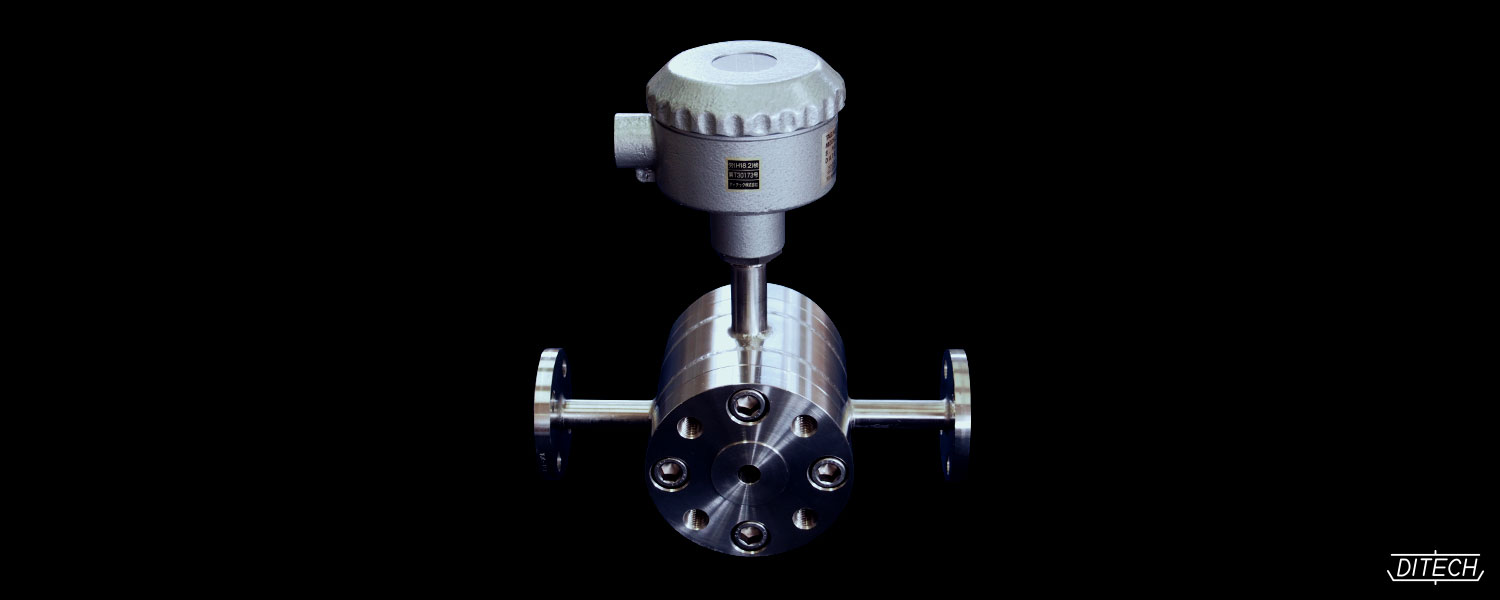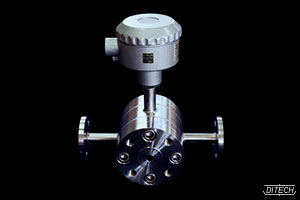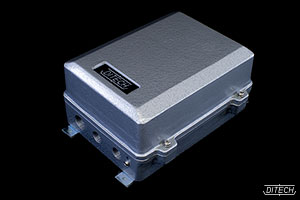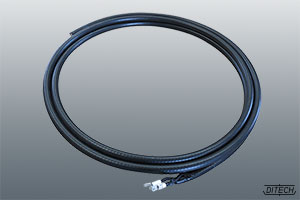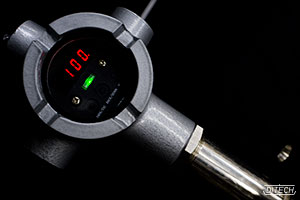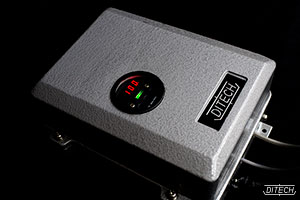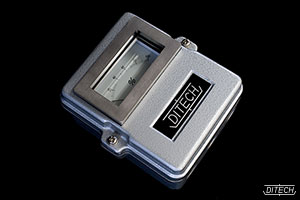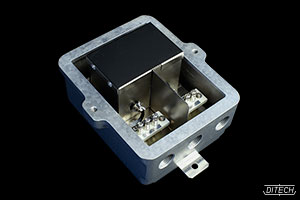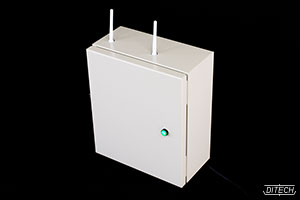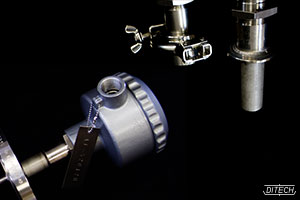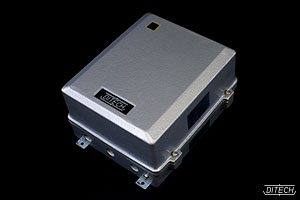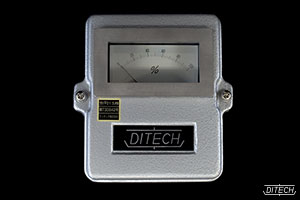Manufacturer of Level Switch, Level Transmitter,
Detector and Sensor DITECH,LTD.
Piping powder flow detector
QBS-PF
NSB-PF
proof
construction
Non-explosion-proof
Intrinsically safe construction(i3nG5)
system
Capacitive system |
Micro-capacitive system |
This in-pipeline detectors are designed to measure, in a manufacturing process, the volume fraction occupied by the powder flowing in piping. If DITECH’s proprietary micro-capacitive system (1/1000 pF) is used, the piping powder flow detector measures powders flowing at a very low flow rate, as well as measuring in high or ordinary flow rate piping. This detectors are suitable for measuring the catalyst additives, etc.
principles
The piping powder flow detector detects the capacitance corresponding to the density of the powder that flows through piping and outputs a standardized signal.
| Output signal | DC4~20mA DC1~5V ※ One of the above signal |
| Input power | Model QBS-PF (Model PS-0PF): AC105V/210V 50/60Hz or DC24V Model NSB-PF (Model PS-2): AC105V/210V 50/60Hz |
| Allowable temperature | Detector: -25℃~+70℃ (Depends on the specifications) Transducer: Model PS-0PF: -10℃~+50℃ Transducer: Model TR-2PF: -25℃~+70℃ Power source: Model PS-2: -10℃~+50℃ Special cable: Model DSC-15 (high accuracy use): -10℃~+60℃ Special cable: Model DSC-05 (small size): -10℃~+60℃ Special cable: Model DSC-13 (heat resistance use): -50℃~+200℃ |
| Allowable pressure | Detector: 20MPa (approx. 204kg/cm2G) (Depends on the specifications) |
| Pipe size | Detector: 20B ~ φ6mm |
| Weight | Transducer: Model PS-0PF: 7.6kg Transducer: Model TR-2PF: 7.6kg Power source: Model PS-2: 7.6kg |
| Size | Transducer: Model PS-0PF: 250(W)×145(D)×275(H) Transducer: Model TR-2PF: 250(W)×145(D)×275(H) Power source: Model PS-2: 250(W)×145(D)×275(H) (mm) |
| Surface treatment | Detector: Inner surface polishing, etc. |
| Installation | Detector: Flange mounting, etc. |
| Material | Detector: SUS304 SUS316 Hastelloy Quartz glass, etc. Lining: PTFE Glass Rubber, etc. Head case: Light alloy SUS304 Salt resistant paint case, etc. |
Model QBS-PF
(Non-explosion-proof type)
<Separated transducer type>
This model is composed of detector unit, transducer, bridge box and special cable.
Model NSB-PF
(Intrinsically safe construction / i3nG5)
<Totally separated detector unit type>
This model is composed of detector unit, transducer, bridge box, relay power source and special cable that is 4 core control cable. As the transducer is designed to be installed in a dangerous area, the special cable can be made short enough to minimize picked-up noises, thus permitting a stable performance to be obtainable. As to performance, this model has the same characteristics as those of Model QBS-PF.
 DITECH,LTD.
DITECH,LTD.